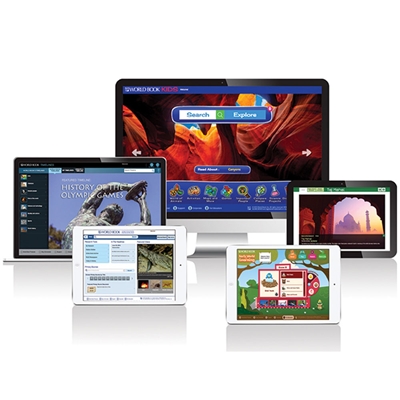A toad of the new genus Sigalegalephrynus sits among the bristly hairs of a leaf. These toads resemble puppets used in funerary festivals in Sumatra, the island in western Indonesia where the toads live. Credit: © Eric N. Smith, Amphibian And Reptile Diversity Research Center/University of Texas at Arlington
Scientists, never satisfied with the current number of known frogs in the world, have added two new species of toads to the ever-growing list. These new toads, native to Indonesia, have DNA so different from other toads that scientists went a step further and gave them their own genus, Sigalegalephrynus. When classifying living things, a genus (a group of related animals or plants) ranks below a family or subfamily and above a species. The discovery of a new frog genus is rare. The last one in Asia occurred in the 1800’s. The new toads live in a densely vegetated volcanic region of Batang Gadis National Park on Sumatra, one of the world’s largest islands. One species was found in a shallow cave; the other was scurrying about the nearby forests. (Remember that frogs and toads are not different animals. Toads are simply certain types of frogs.)
Researchers spent eight months in 2013 and early 2014 taking inventory of the toads in the Sumatra Highlands. Then, for more than a year, they studied their findings and analyzed the physical and genetic characteristics of these unusual specimens. The researchers used nuclear and mitochondrial cell data to describe the toads, and the results showed that members of Sigalegalephrynus are unique among other toads of that region. The researchers’ findings were published in the March 2017 issue of the journal Herpetologica. Herpetology is the branch of zoology concerned with the study of reptiles and amphibians.
The new toads have unusual chattering mating calls unlike other frogs of their native land. Sigalegalephrynus are medium-sized toads with lanky limbs. Most are mottled dark brown and tan, but one version has green colors on its body. Because of their resemblance to wooden puppets used in local ceremonies in the region, these frogs earned the name of “puppet toads.” But their name can extend further. The wooden puppets are used during specific funerary festivals to appease the spirits of the dead. So, these newfound amphibians are sometimes called “puppet toads of the dead.”
The discovery of these puppet toads comes as scientists and conservationists feel mounting urgency to locate and classify species throughout Indonesia, where toads and many other forms of life are threatened by deforestation. About half of Indonesia’s amphibian species are not found anywhere else in the world. The future of the “puppet toads of the dead” and other Indonesian wildlife depends on saving the precious forests they call home.
Untitled Document Can't view the linked articles? Subscribe to World Book Online

World Book Online delivers a progressive sequence of core databases supported by supplemental
tools, such as language translation, graphic organizers, and unique Webquests. Moving from
Early World of Learning to World Book Advanced, World Book Online aligns end-users with their
appropriate learning levels. Each stand-alone site provides additional features to support the
needs of users’ specific capabilities.
The World Book Difference
World Book combines cutting-edge technology with traditional editorial excellence to produce
authoritative, trustworthy, and unbiased content. The digital content is updated in real time and
carefully curated for each learning level. Accessible 24/7, the content is available on a variety of devices.
World Book Online combines 21st-century instructional techniques with timely information.
By breaking down complex topics and using easily understandable text, World Book Online helps to
build fluency and increase comprehension. Featuring single sign-on capability, these sites are paired
with highly visual content to engage even the most reluctant reader. Our collection of resources kindles
a lifelong learning experience for every user. This adherence to clarity, currency, and accuracy makes
World Book’s digital offerings an information hub for the classroom, library, and beyond.